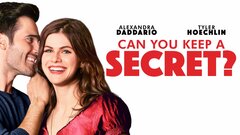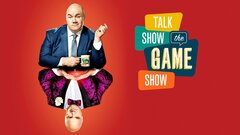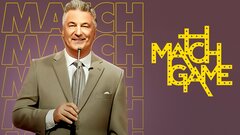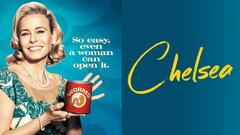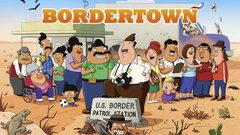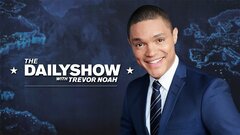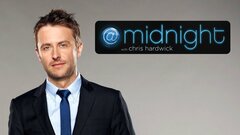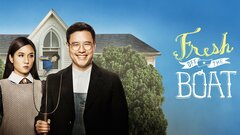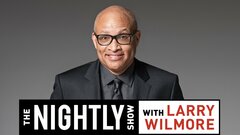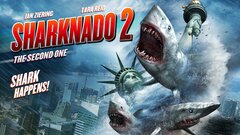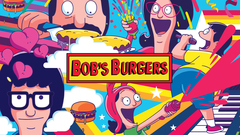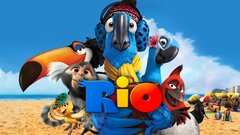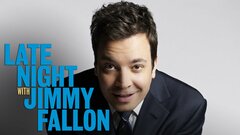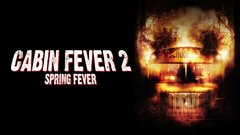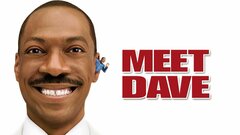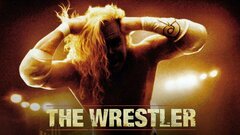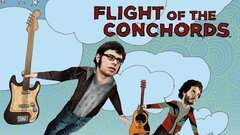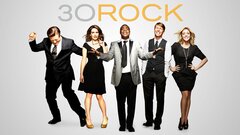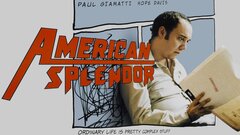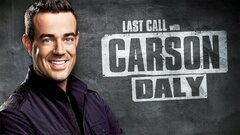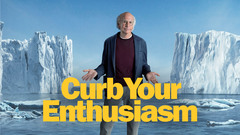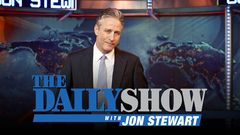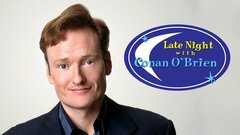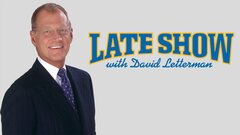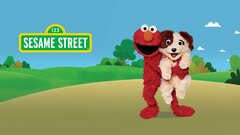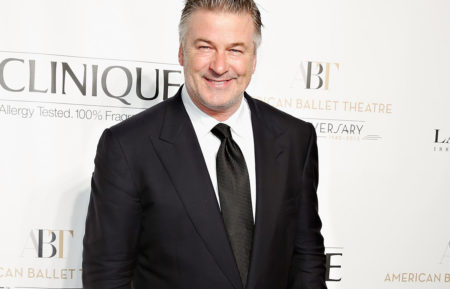Sporting scraggly hair and sideburns, unkempt clothes and an array of trucker hats with infamous slogans like "World Champion," actor and comedian Judah Friedlander developed an overconfident loser persona as he became a hit in comedy clubs, on late night television and - perhaps most notably - in playing Frank, the head writer on the fictional show-within-a-show sitcom, "30 Rock" (NBC, 2006-13). His portrayal of the television comedy writer as the penultimate slacker, who seemingly has seen every bad movie ever made - twice - was a perfect fit for the acclaimed show's delicate mix of pointed realism and over-the-top comedy.
Meanwhile, Friedlander suddenly found himself going from relatively unknown commodity to recognized primetime player, opening possibilities previously unattainable. The witty hats he wore each week also helped the unique talent stand out.
Born on March 16, 1969, in Gaithersburg, MD, Friedlander was creative from an early age. He quickly developed a fascination with horror films, which he would watch along with his brother. His mother - a lifelong art lover - gave her sons pen and paper and encouraged them to draw, as well as mold and sculpt clay. In middle school, Friedlander's interests in movies and art merged when a teacher taught his art class about animation. He and his brother soon dug up their family's 8mm movie camera and created films featuring primitive claymation.
By the time he reached high school, Friedlander had developed an interest in comedy, thanks to cable channels running what seemed like an endless cycle of comedy specials during late night hours. Friedlander later enrolled in film school, but still found himself drawn to stand-up comedy. He tried his first open mic and fell in love with getting an instant response from audiences after a joke. Suddenly he lost interest in the laborious and expensive process of filmmaking.
Friedlander began honing the stage character that would eventually define him and earn his success - that of a couch potato who sees himself as everything and anything but, including an exceedingly ordinary Joe with "record-breaking" achievements in old video games, thumb wrestling and bizarre martial arts contests. Friedlander claimed to have bedded women from all over the world, thanks in part to his 1983 reign as a champion at the old school arcade game, Galaga. Encouraged to seek out bit parts in commercials and television - a path followed by many of his stand-up comedy peers - Friedlander got an agent and began to go on auditions, one of which won him the notorious role of the strange "Hugging Man" from The Dave Matthews Band video for "Everyday" in 2001.
As he began to get noticed, Friedlander was challenged by agents and managers to abandon his offbeat image in order for him to win more mainstream parts. But he held firm and began to land small roles, beginning with three episodes playing a techie on the Al Franken sitcom, "Lateline" (NBC, 1998-99), then a guest spot on an episode of "Spin City" (ABC, 1996-2000). His first major film role was as a pharmacy clerk dispensing bad advice to Ben Stiller in the comedy blockbuster "Meet the Parents" (2000). He went on to appear in small but memorable roles in "Wet Hot American Summer" (2001), "Zoolander" (2001), "How High" (2001) and "Showtime" (2002).
It was with the quirky indie film "American Splendor" (2003), however, that first showed a spotlight on Friedlander. Based on the autobiographical graphic novel of the same name, the critically adored indie told the story of irascible cartoonist Harvey Pekar and his unique rise to fame. Friedlander played Pekar's strange yet oddly endearing friend Toby Radloff, a self-proclaimed "genuine nerd." Friedlander studied old footage of Radloff and went into his audition having completely transformed his own appearance, voice and mannerisms. He won the role almost instantly. The film drew heaps of critical praise, with Friedlander being singled out as a new comic force to watch.
For his efforts, he earned a nomination for Best Supporting Male at the 2004 Independent Spirit Awards.
While continuing to do standup comedy and making frequent late night television appearances, Friedlander also maintained a steady streak of supporting and bit parts in films like "Along Came Polly" (2004) and "Starsky & Hutch" (2004). He made a memorable appearance on "Curb Your Enthusiasm" (HBO, 2000- ) playing Donald, a mentally disabled car wash attendant who figured out a card trick that star Larry David could not. He also appeared in the moviemaking reality series, "Project Greenlight 3," (Bravo, 2005) which showed behind-the-scenes footage of his prominent role in the low-budget horror film, "Feast."
The film was considered a dismal failure and saw only a very limited theatrical run, followed by a release on DVD. Friedlander criticized the show for inaccurately portraying the making of the film as fraught with tension and derision, insisting that footage of him complaining on the set made it look as if he were being critical of the director, instead of the schedule itself.
He went on to appear in bit parts in "The Darwin Awards" (2006), "Date Movie" (2006) and took on a regular role in the cult comedy series, "WonderShowzen" (MTV, 2005-06). But it was his role on "30 Rock" that won him the most widespread attention to date. Based on creator Tina Fey's experiences as performer and head writer of "Saturday Night Live," the show was set in the backstage world of the fictional sketch comedy program, "The Girly Show." Friedlander played writer Frank, adopting most of his stage persona, including his signature trucker hats, sideburns and eyeglasses, and played him as a stoned, pop culture encyclopedia whose own questionable taste is often at odds with Fey's or network executive Jack Donaghy (Alec Baldwin).
As he attained commercial success, Friedlander continued to confound interviewers with outlandish stories about his past, claiming he was the fiancé of the Princess of Italy or bragging about his accomplishments at the Korean Superdeathkick for Justice Competition. Meanwhile, he managed to juggle both "30 Rock" and stand-up comedy, though he struggled some with the rigors of a regular television production schedule - Friedlander often insisted that while many comedians pursued comedy to land a sitcom, he did comedy for the sake of doing comedy.
